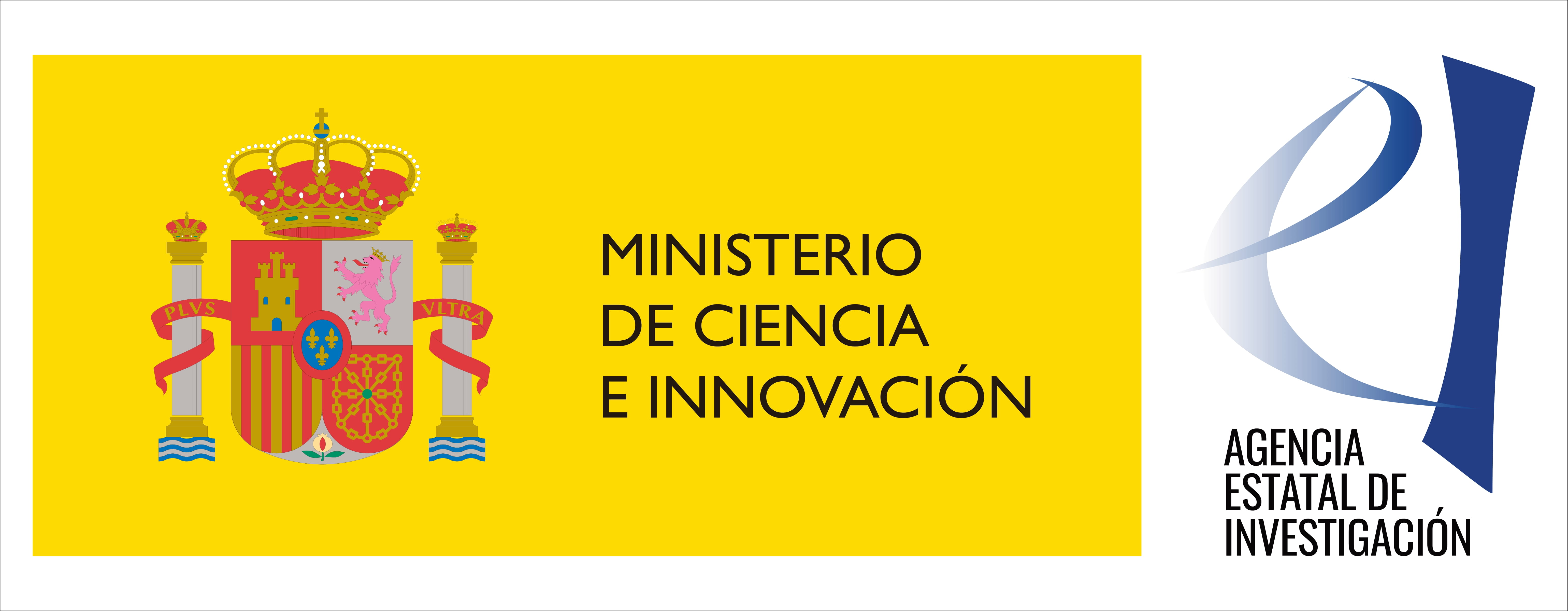News
A "big bang" towards MolluscaBase
Added on 2014-02-11 14:56:53 by Vandepitte, Leen
On February 6-7, Mollusca experts gathered at the Flanders Marine Institute (VLIZ), host institute of the World Register of Marine Species (WoRMS), to discuss a strategy to expand the molluscan component of WoRMS to MolluscaBase. MolluscaBase will be a Global Species Database covering all marine, freshwater and terrestrial molluscs, recent and fossil.Currently, the Aphia database – the data system behind WoRMS – contains 43,800 valid species names of marine Mollusca, representing about 20% of all accepted marine species names in WoRMS. The majority of these has been verified by a taxonomic editor.
Over the last 5 years, the WoRMS taxonomic editors have kept up with the ca 520 new mollusc species published yearly, and are also catching up with the ‘older’ names not yet documented in the database. It is estimated that only about 5% of all valid marine mollusc species are now missing in the database, a gap that is gradually being filled.
A similar global list of the freshwater and terrestrial Mollusca is lacking. Although there is a wide variety of resources out there – e.g. Fauna Europaea, the Australian Faunal Directory, ITIS … - the malacological community is still lacking an authoritative online resource for all non-marine molluscs. It is estimated that there are about 23,000 species of land snails/slugs and about 5,000 freshwater gastropods and bivalves. Rather than developing a separate project, the chief Mollusca editors in WoRMS have decided to expand the database, and also include land and freshwater Mollusca within Aphia. And, in a bold move, they also agreed that the list should not be limited to Recent Mollusca, but will also, in the longer run, include all fossil mollusc names ever published. The magnitude of the fossil molluscs name bank is not known, but is certainly in the many tens of thousands.
This initiative is supported by LifeWatch, the E-Science European Infrastructure for Biodiversity and Ecosystem Research. LifeWatch is a distributed virtual laboratory which will be used for different aspects of biodiversity research. The taxonomic backbone of LifeWatch aims at bringing together taxonomic and species-related data and at filling the gaps in our knowledge. In addition, it gives support to taxonomic experts by providing them logistic and financial support for meetings and workshops related to expanding the content and enhancing the quality of taxonomic databases.
The workshop that was held is the first step towards MolluscaBase, the Global Species Database for Mollusca, which will bring on board a new set of taxonomic editors. During 2014, the concept of MolluscaBase will be further developed, including the first imports of terrestrial and freshwater groups and a test project on fossils and their indexing in the geological time scale.
Over the last 5 years, the WoRMS taxonomic editors have kept up with the ca 520 new mollusc species published yearly, and are also catching up with the ‘older’ names not yet documented in the database. It is estimated that only about 5% of all valid marine mollusc species are now missing in the database, a gap that is gradually being filled.
A similar global list of the freshwater and terrestrial Mollusca is lacking. Although there is a wide variety of resources out there – e.g. Fauna Europaea, the Australian Faunal Directory, ITIS … - the malacological community is still lacking an authoritative online resource for all non-marine molluscs. It is estimated that there are about 23,000 species of land snails/slugs and about 5,000 freshwater gastropods and bivalves. Rather than developing a separate project, the chief Mollusca editors in WoRMS have decided to expand the database, and also include land and freshwater Mollusca within Aphia. And, in a bold move, they also agreed that the list should not be limited to Recent Mollusca, but will also, in the longer run, include all fossil mollusc names ever published. The magnitude of the fossil molluscs name bank is not known, but is certainly in the many tens of thousands.
This initiative is supported by LifeWatch, the E-Science European Infrastructure for Biodiversity and Ecosystem Research. LifeWatch is a distributed virtual laboratory which will be used for different aspects of biodiversity research. The taxonomic backbone of LifeWatch aims at bringing together taxonomic and species-related data and at filling the gaps in our knowledge. In addition, it gives support to taxonomic experts by providing them logistic and financial support for meetings and workshops related to expanding the content and enhancing the quality of taxonomic databases.
The workshop that was held is the first step towards MolluscaBase, the Global Species Database for Mollusca, which will bring on board a new set of taxonomic editors. During 2014, the concept of MolluscaBase will be further developed, including the first imports of terrestrial and freshwater groups and a test project on fossils and their indexing in the geological time scale.
[Overview] [Login]



